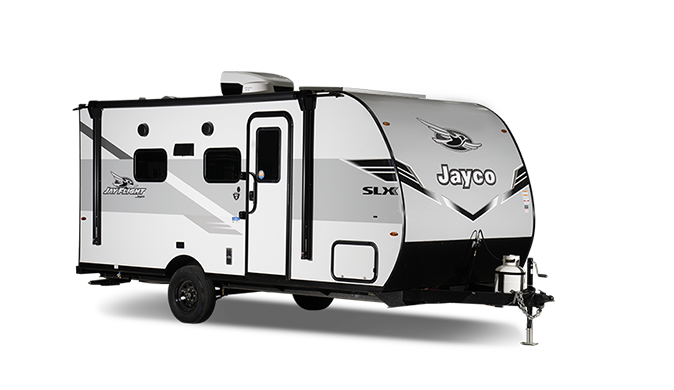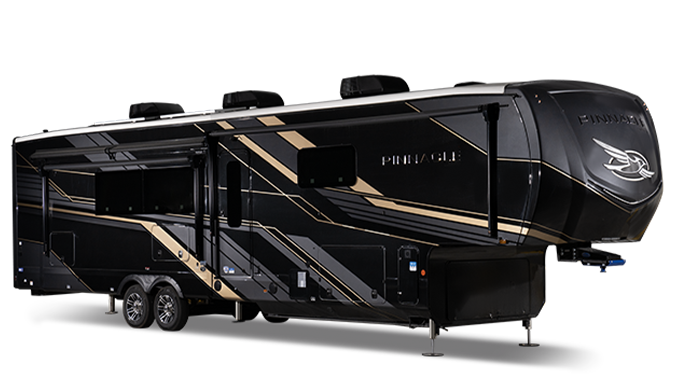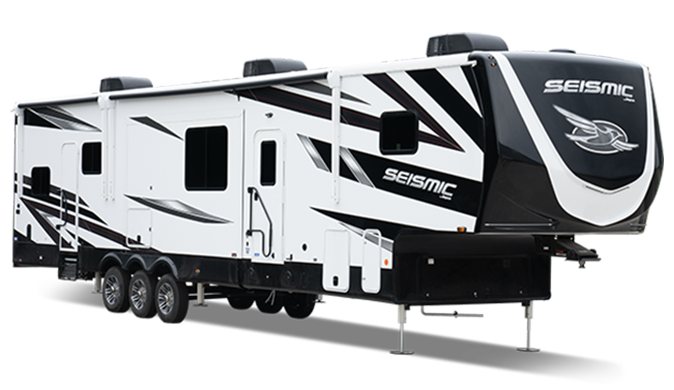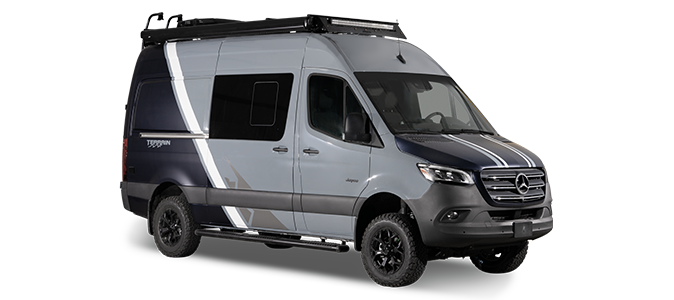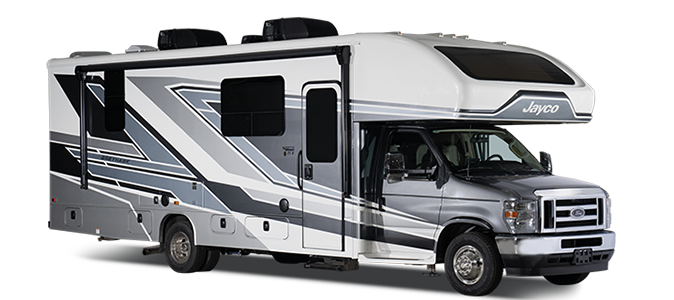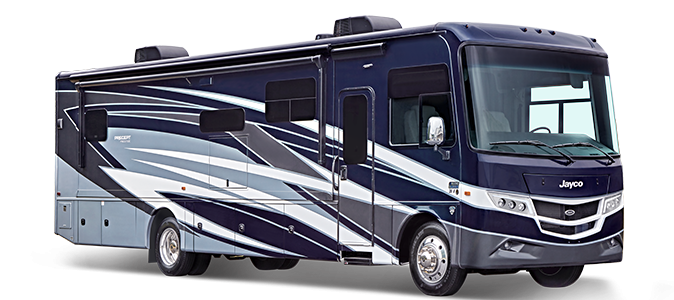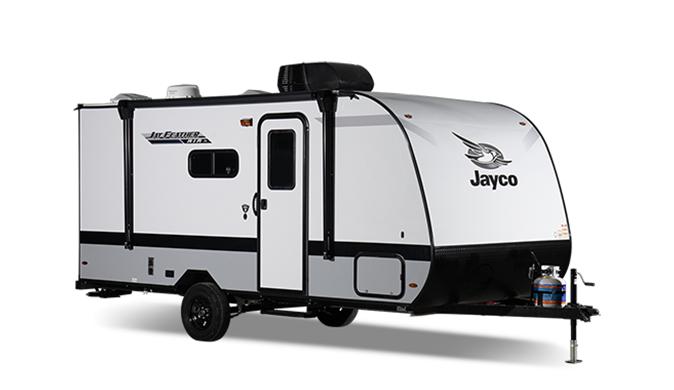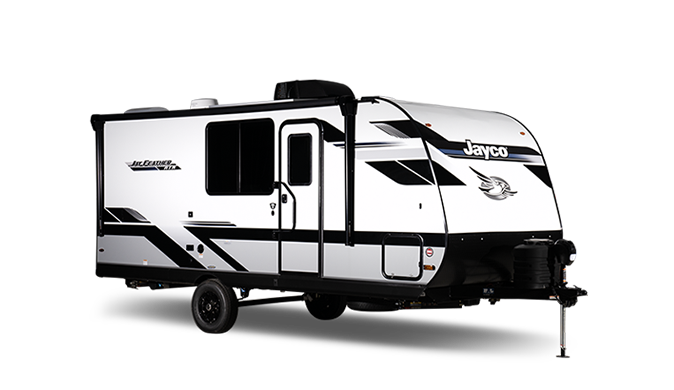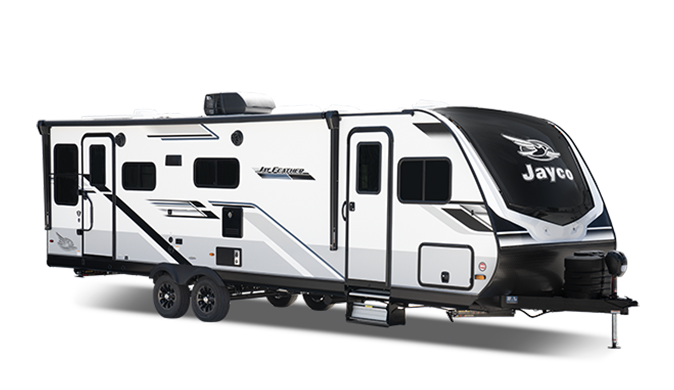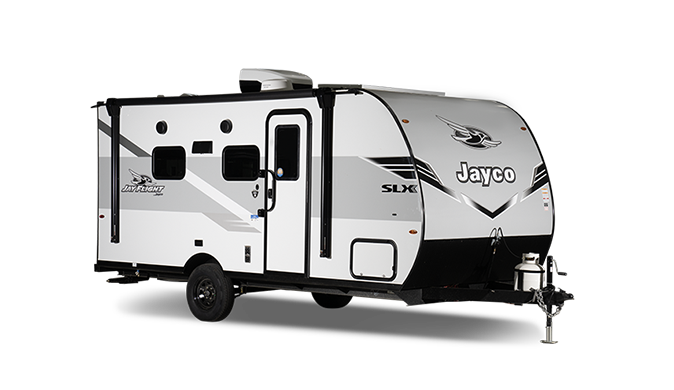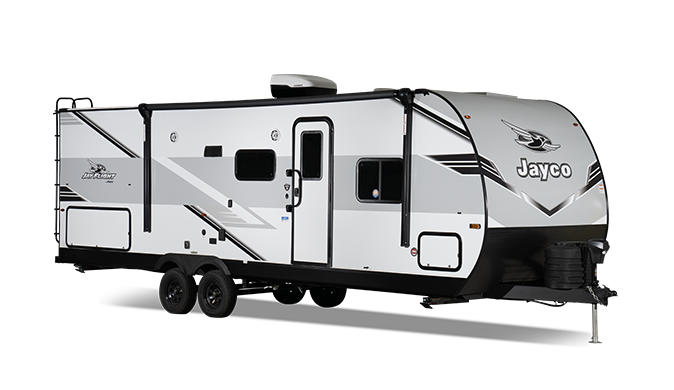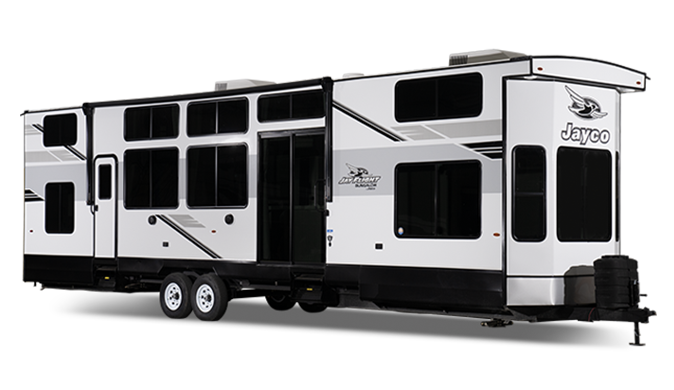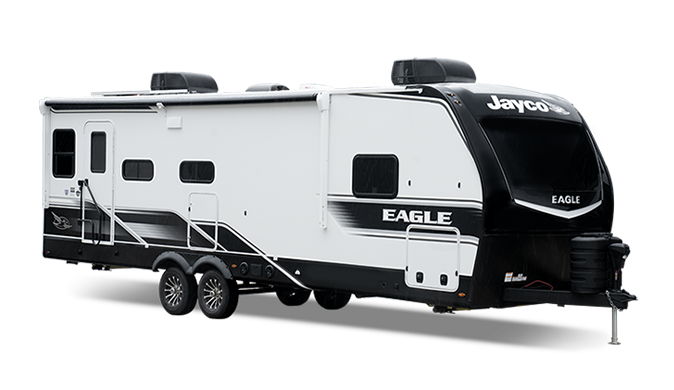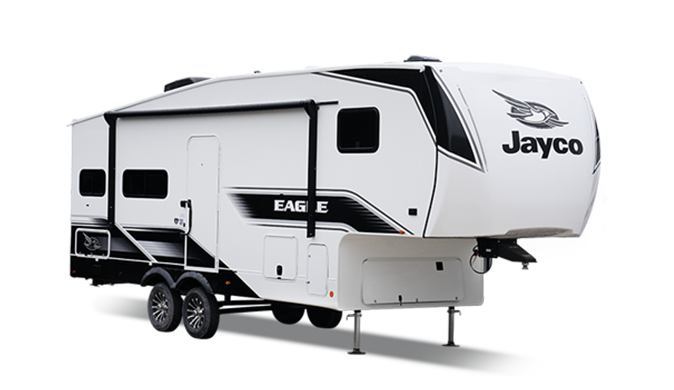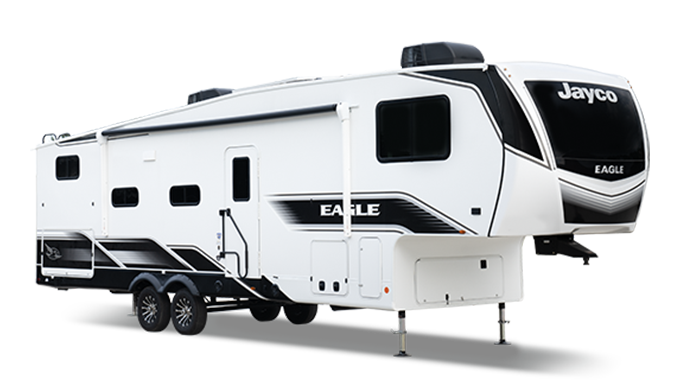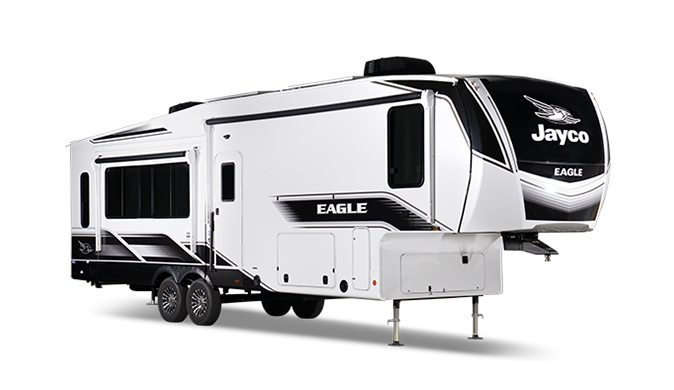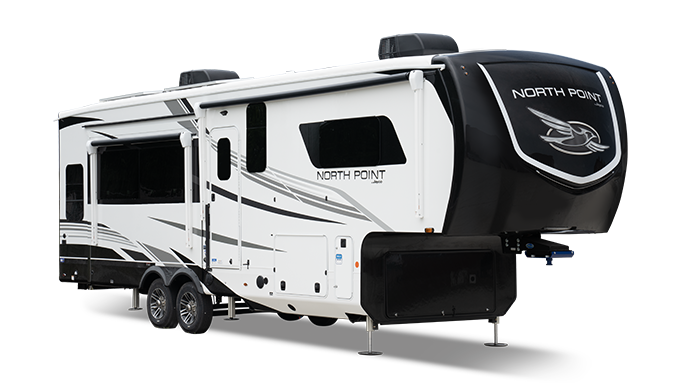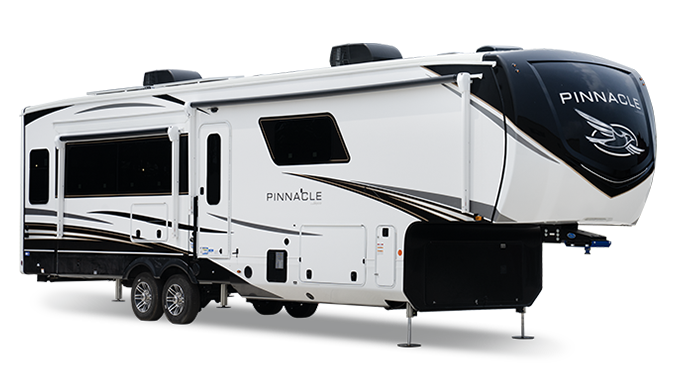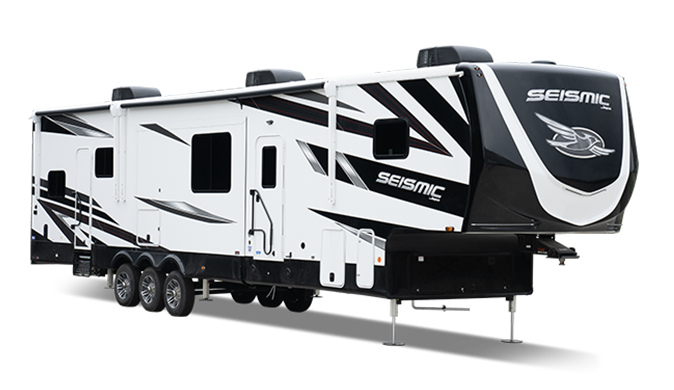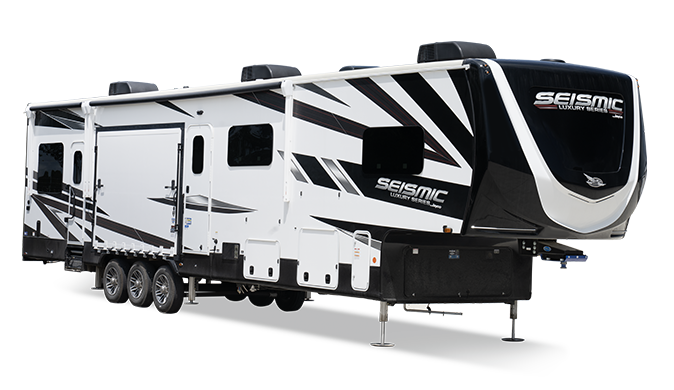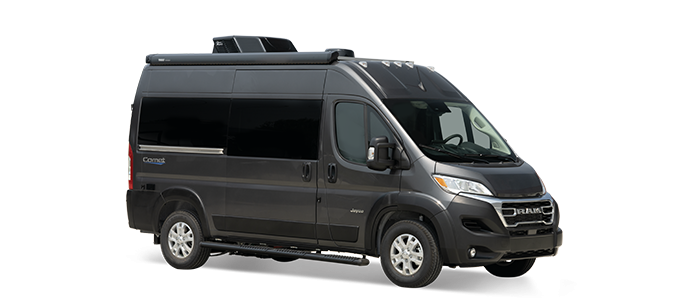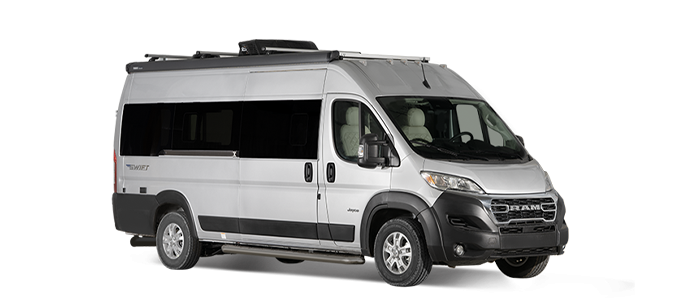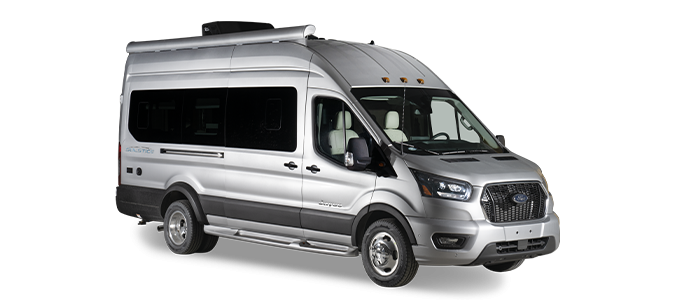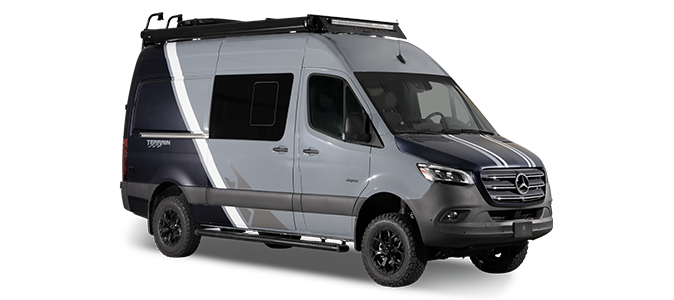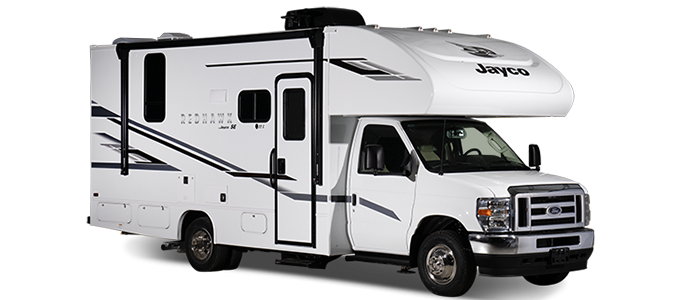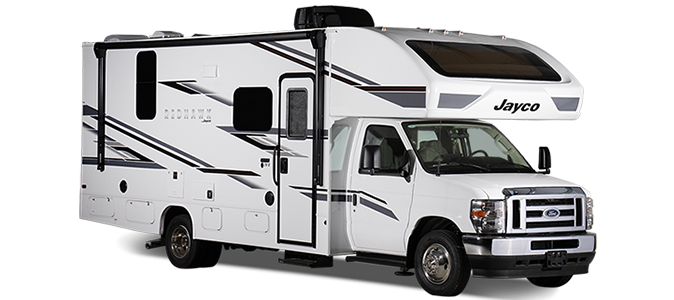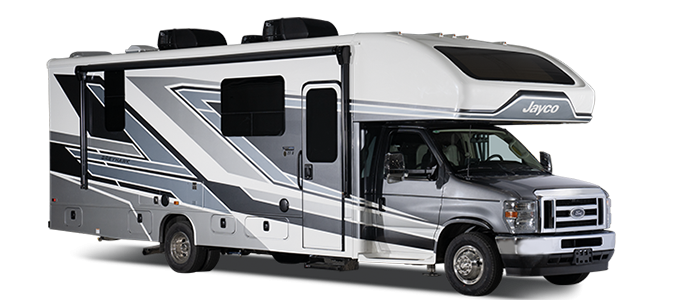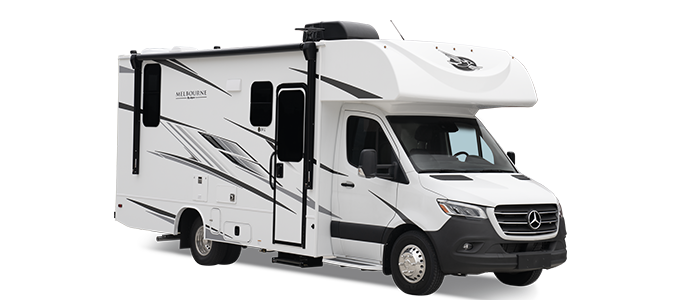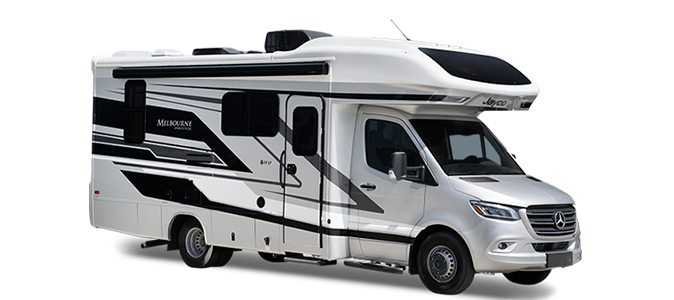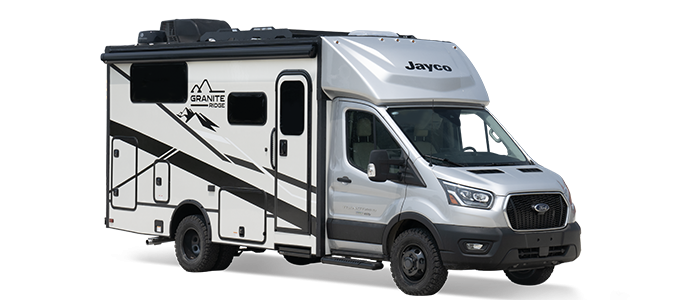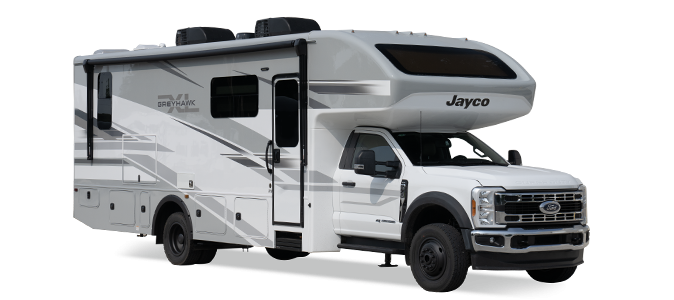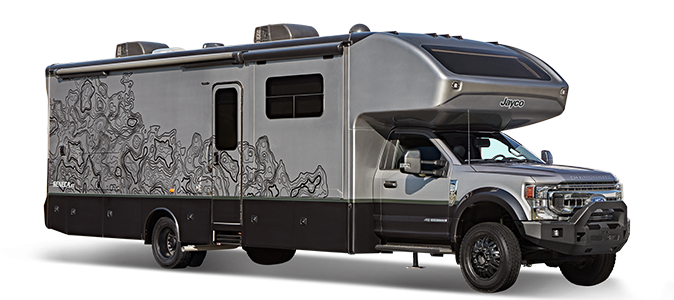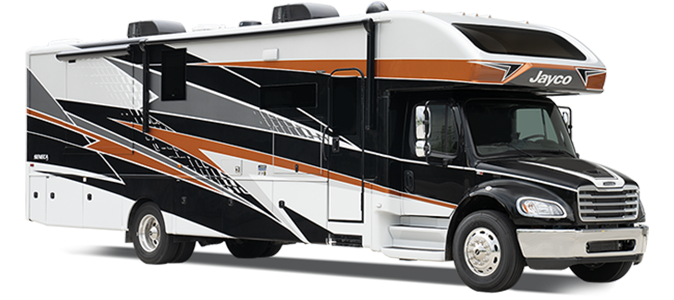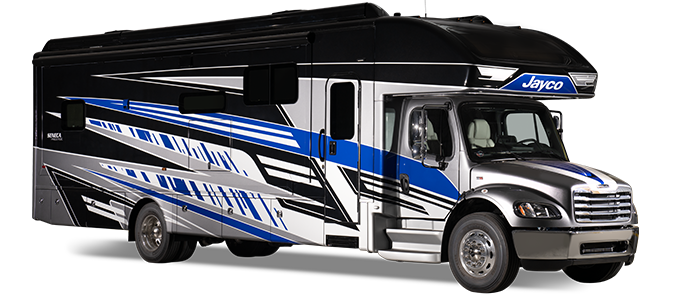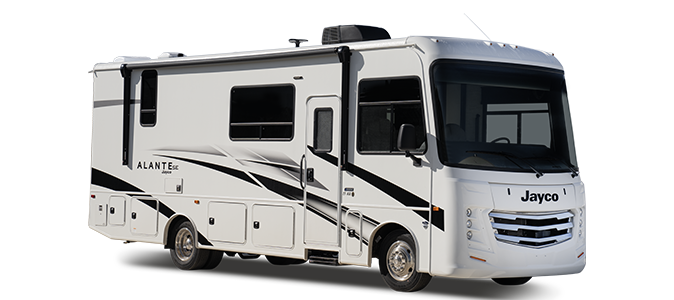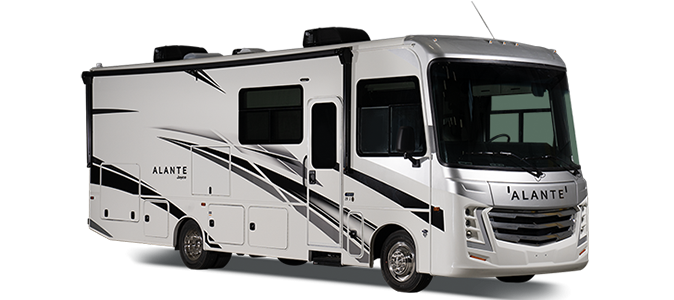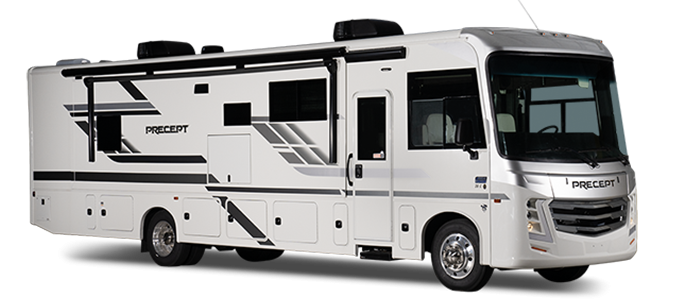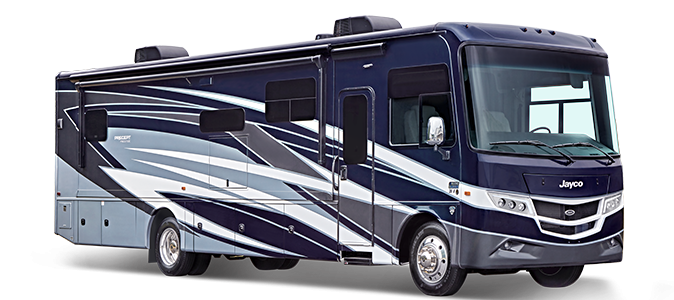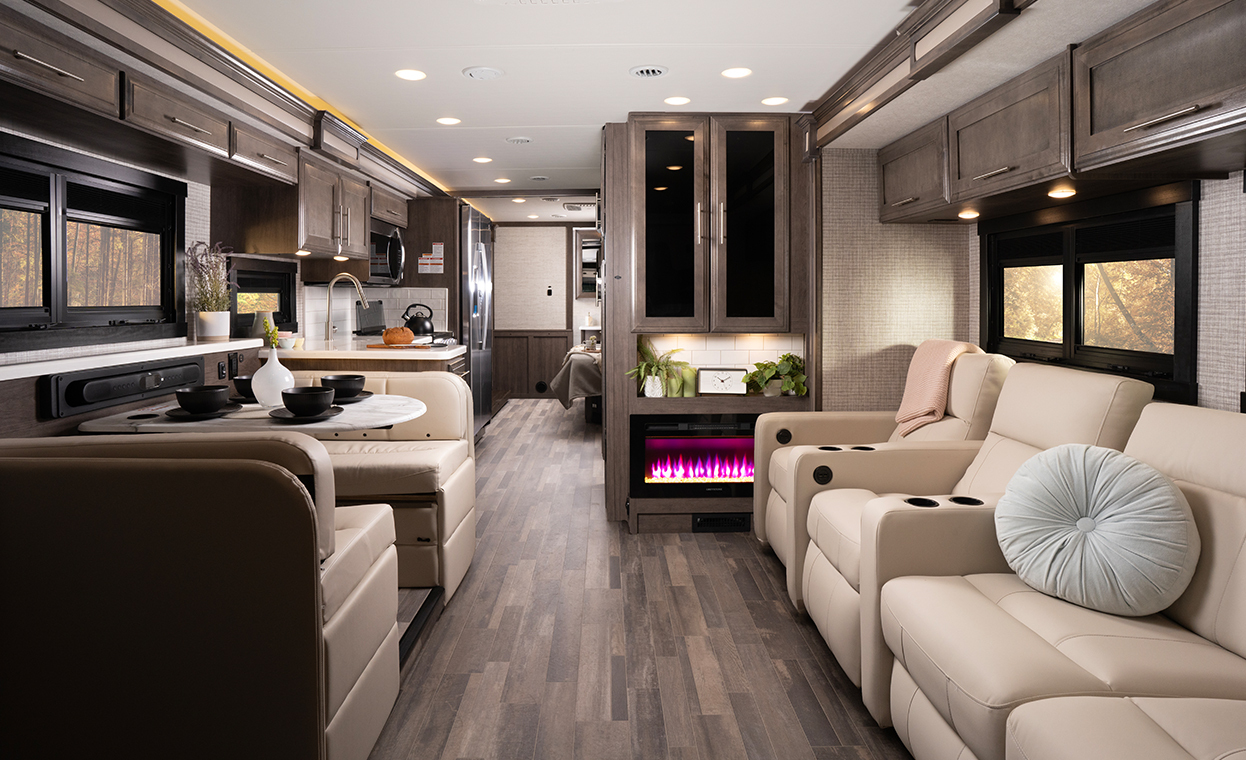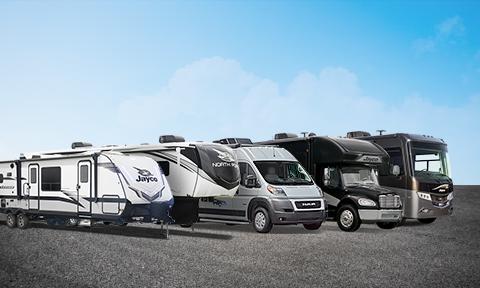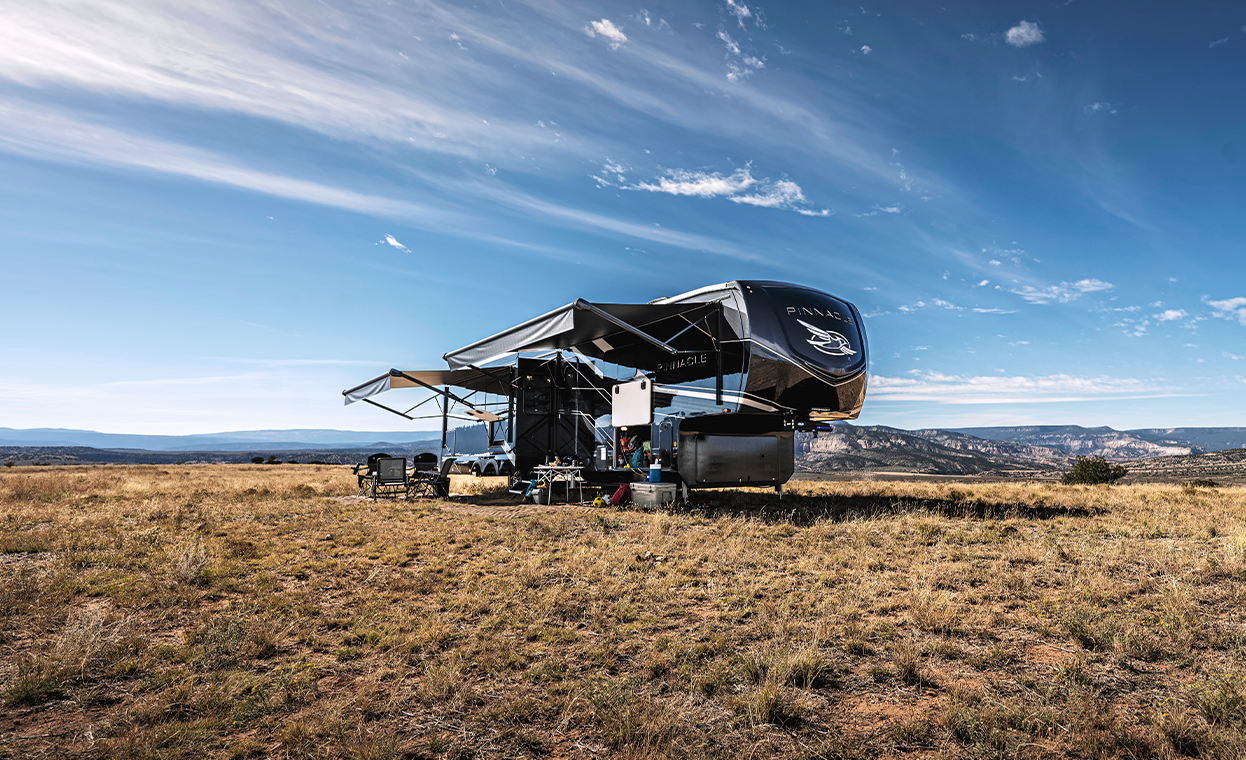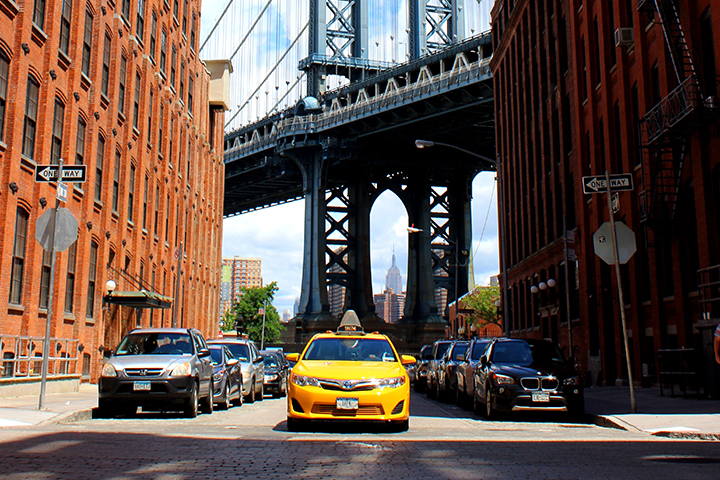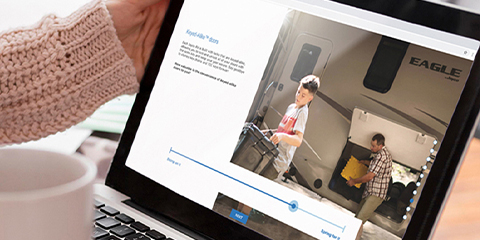There’s a myth out there among those still learning about or unfamiliar with RVing that RVs don’t belong anywhere near a city. Of course, there are differences between an open road in the heart of Nebraska and an expressway weaving through the Dallas Metroplex, but with a few urban rv tips like the ones that follow, we can dispel some of concerns and misconceptions.
Not only can you navigate the urban landscape, but you can also soak in some of the fun and excitement the big city has to offer.
Familiarize yourself with local “Urban Camping” regulations
While it’s unlikely you’ll be parking on the side of the road, if you plan to hunt for a spot in the city proper, be sure to research any rules and regulations on RV parking.
If you do park somewhere, even for just a few minutes, be sure to read the signs on the curb nearby. Different times and different days may have restrictions and result in fines.
Research overnight options downtown
It stands to reason that the larger, denser the urban environment, the fewer options there will be for RVs. You may be surprised what’s available. For instance, Chicago’s downtown convention center, McCormick Place, offers options in its lots, and a park just outside New York City is just a 15-minute train ride from Manhattan. Other options you may find just outside city centers are casinos, truck stops or Walmarts.
Take advantage of public transportation
While there are chances to spend nights within the city limits, there will often be several more options for you a little farther out. If you aren’t quite comfortable driving or towing in potentially congested areas, familiarize yourself with the public transportation routes and schedules—buses, trains, park and rides, etc. Often, campgrounds are situated near stops and make for fast, affordable and convenient transport directly to the city’s core.
Know your unit’s height to the inch
With cities come more overpasses and tunnels. Know your unit’s height, A/C units and any accessories included. Enough said.
Plan for traffic
Like we said earlier, there are differences between traveling through Nebraska and Dallas—especially during rush hour. With fewer spaces and facilities, like gas stations, that can accommodate a motorhome or trailer, it’s smart to be prepared if there’s the chance you’ll run into traffic.
Lean on the locals
Before deciding on an urban destination, call ahead to wherever you’re considering parking or staying. They may know a better route for big rigs or trailers than your map or GPS suggests. State welcome or tourism centers are also a good resource.
An engaged and informed partner is always an asset, but especially so in an urban setting. With more one-ways and motorists, life is so much easier on the driver when they know which direction to head well in advance. Another set of eyes and ears helps too.
Get very comfortable driving or towing your unit
Even in your everyday compact car, city driving isn’t for the faint of heart. Play it safe. Go slow. It’s recommended that you have a good amount of experience under your belt before you take on the congestion and confusion that can come with a new city.
In conclusion, don’t fear, just prepare—as is the case with most RV experiences. Are you a city dweller in addition to city explorer? We’ve got you covered too. Here are some tips for storing an RV in or around a town.

